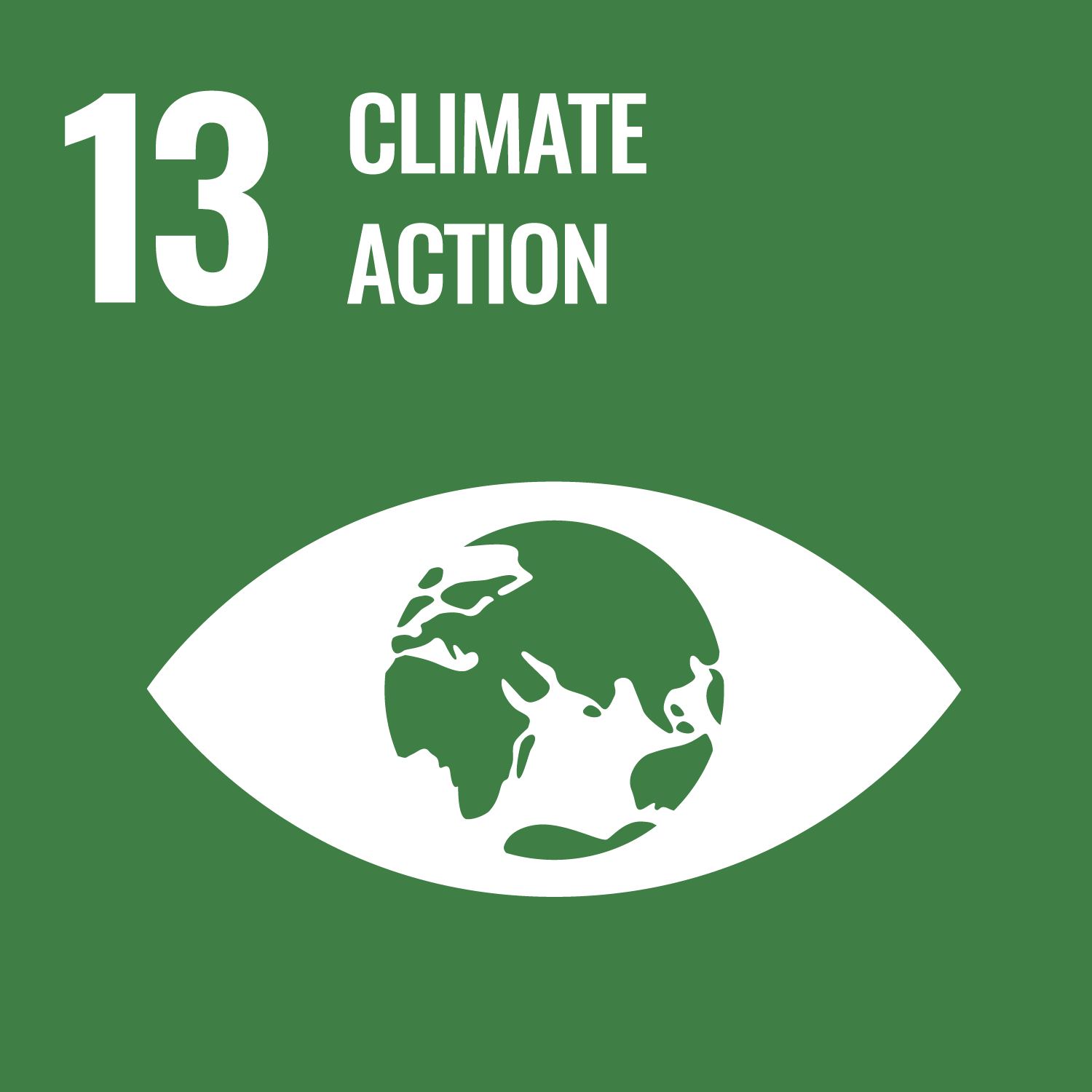ORCID
- A. J. Lemasson: 0000-0002-5158-0610
- J. M. Hall-Spencer: 0000-0002-6915-2518
- V. Kuri: 0000-0003-1706-7597
Abstract
Ocean acidification and warming may threaten future seafood production, safety and quality by negatively impacting the fitness of marine species. Identifying changes in nutritional quality, as well as species most at risk, is crucial if societies are to secure food production. Here, changes in the biochemical composition and nutritional properties of the commercially valuable oysters, Magallana gigas and Ostrea edulis, were evaluated following a 12-week exposure to six ocean acidification and warming scenarios that were designed to reflect the temperature (+3 °C above ambient) and atmospheric pCO 2 conditions (increase of 350–600 ppm) predicted for the mid-to end-of-century. Results suggest that O. edulis, and especially M. gigas, are likely to become less nutritious (i.e. containing lower levels of protein, lipid, and carbohydrate), and have reduced caloric content under ocean acidification and warming. Important changes to essential mineral composition under ocean acidification and warming were evident in both species; enhanced accumulation of copper in M. gigas may be of concern regarding consumption safety. In light of these findings, the aquaculture industry may wish to consider a shift in focus toward species that are most robust to climate change and less prone to deterioration in quality, in order to secure future food provision and socio-economic benefits of aquaculture.
DOI Link
Publication Date
2019-01-01
Publication Title
Marine Environmental Research
Volume
143
ISSN
0141-1136
Acceptance Date
2018-11-15
Deposit Date
2024-07-15
Embargo Period
2019-11-17
Additional Links
Keywords
Biochemistry, Crassostrea gigas, Environmental stress, Food security, Global change, Living resources, Magallana gigas, Multi-stressors, Oyster
Creative Commons License

This work is licensed under a Creative Commons Attribution-NonCommercial-No Derivative Works 4.0 International License.
First Page
82
Last Page
92
Recommended Citation
Lemasson, A., Hall-Spencer, J., Kuri, V., & Knights, A. (2019) 'Changes in the biochemical and nutrient composition of seafood due to ocean acidification and warming', Marine Environmental Research, 143, pp. 82-92. Available at: 10.1016/j.marenvres.2018.11.006





